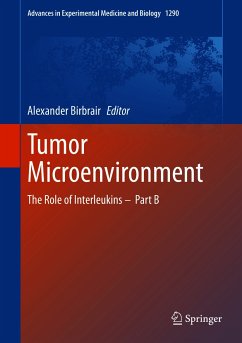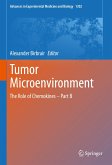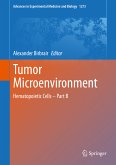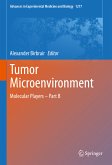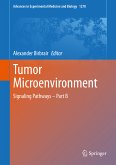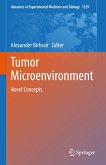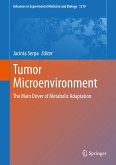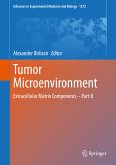Taken alongside its companion volumes, Tumor Microenvironment: The Role of Interleukins - Part Bupdates us on what we know about various aspects of the tumor microenvironment, as well as future directions. This book is essential reading for advanced cell biology and cancer biology students as well as researchers seeking an update on research in the tumor microenvironment.
Dieser Download kann aus rechtlichen Gründen nur mit Rechnungsadresse in A, B, BG, CY, CZ, D, DK, EW, E, FIN, F, GR, HR, H, IRL, I, LT, L, LR, M, NL, PL, P, R, S, SLO, SK ausgeliefert werden.

